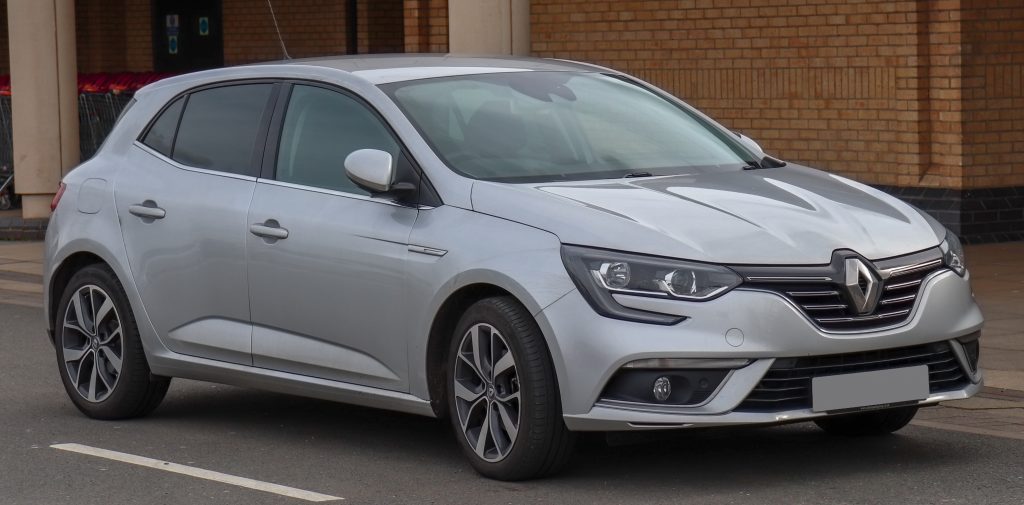Embracing Change – The Sensor Manufacturing Industry’s Adaptability and Growth
The sensor manufacturing industry stands at the forefront of technological advancement, illustrating a remarkable capacity for adaptability and growth in a rapidly evolving landscape. As industries worldwide increasingly integrate smart technologies and automation into their processes, the demand for advanced sensor technologies has surged. These devices are pivotal in gathering real-time data, enhancing operational efficiency, and enabling informed decision-making across various sectors, including automotive, healthcare, environmental monitoring, and consumer electronics. One of the key drivers of growth in the sensor manufacturing industry is the relentless pursuit of innovation. Manufacturers are investing heavily in research and development to create sensors that are not only more accurate and reliable but also capable of operating in diverse and challenging environments. For instance, the rise of the Internet of Things IoT has necessitated the development of sensors that can communicate seamlessly with other devices, leading to the creation of smart cities and automated factories. In these settings, sensors monitor everything from traffic patterns to energy consumption, contributing to sustainability and resource efficiency.
Furthermore, the shift towards electric vehicles EVs has transformed the automotive sector, prompting sensor manufacturers to design products that enhance vehicle safety and performance. Advanced driver-assistance systems ADAS rely on a variety of sensors, including LiDAR, radar, and cameras, to provide features such as adaptive cruise control and lane-keeping assistance. This transition not only supports the automotive industry’s evolution but also opens up new avenues for sensor manufacturers, who are now focusing on developing miniaturized, high-performance sensors that can withstand the unique demands of EV applications. Additionally, the global emphasis on healthcare innovation has driven growth in the Omch sensor-manufacturing sector. The COVID-19 pandemic accelerated the adoption of wearable health technology, such as fitness trackers and medical monitoring devices. These sensors enable individuals to track vital signs, activity levels, and even chronic conditions, empowering consumers with health data and fostering preventive care. In response, manufacturers are adapting their production lines to prioritize the development of biocompatible sensors that are both reliable and user-friendly, further broadening their market reach.
Another significant trend is the increasing focus on environmental sustainability, which has spurred the development of sensors capable of monitoring air and water quality, as well as detecting hazardous materials. As governments and organizations worldwide commit to stricter environmental regulations, the demand for sensors that provide real-time data on pollution levels and environmental health is expected to grow. This shift not only reflects the industry’s adaptability but also highlights its role in addressing global challenges such as climate change and browse around here https://www.omchsmps.com/ru/ for additional thoughts. In conclusion, the sensor manufacturing industry exemplifies adaptability and growth through continuous innovation, responsiveness to market demands, and a commitment to sustainability. As technological advancements continue to reshape various sectors, sensor manufacturers are well positioned to lead the charge, developing solutions that enhance efficiency, safety, and environmental stewardship. This dynamic environment promises a future filled with opportunities for growth and advancement, ultimately benefiting both industries and consumers alike.




 Purchasing and selling utilized cars can reduce up your heap or eliminate it by and large. This is certifiably not a basic arrangement and there are numerous intricacies that can emerge if this is not cultivated expertly. On the off chance that you are fruitful in striking a beneficial arrangement, at that point you can begin this as low maintenance business. The cash is acceptable and that is the only thing that is in any way important. You can develop this into a business with very little money related sources of info.
Purchasing and selling utilized cars can reduce up your heap or eliminate it by and large. This is certifiably not a basic arrangement and there are numerous intricacies that can emerge if this is not cultivated expertly. On the off chance that you are fruitful in striking a beneficial arrangement, at that point you can begin this as low maintenance business. The cash is acceptable and that is the only thing that is in any way important. You can develop this into a business with very little money related sources of info. Selling a car can be a confounded errand to achieve, particularly when you want the money from the deal rapidly. Many individuals have a go at posting promotions on destinations like craigslist and trust that a planned purchaser will get in touch with them. This cycle can consume most of the day so assuming that you want quick money for your car, the above strategy probably would not be the best arrangement. All in all, how would you be able to respond when you want to offer your car to make a speedy buck?
Selling a car can be a confounded errand to achieve, particularly when you want the money from the deal rapidly. Many individuals have a go at posting promotions on destinations like craigslist and trust that a planned purchaser will get in touch with them. This cycle can consume most of the day so assuming that you want quick money for your car, the above strategy probably would not be the best arrangement. All in all, how would you be able to respond when you want to offer your car to make a speedy buck?